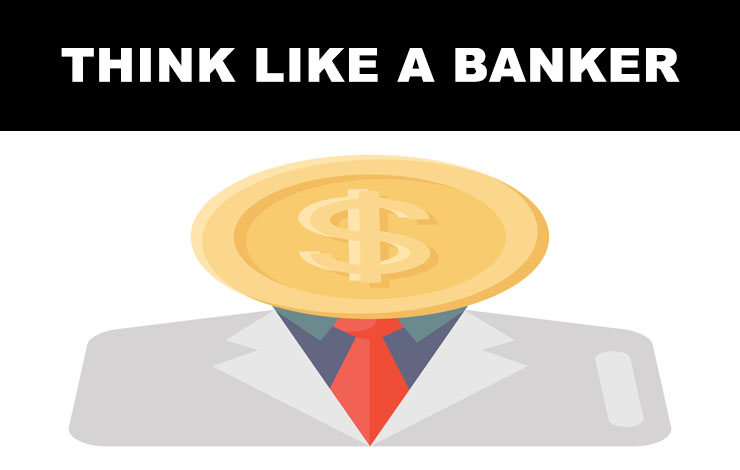Bankers play a vital role in our economy. They help individuals and businesses manage their finances, save money, and invest for the future. If you’re interested in a career in banking, there are a few steps you need to take to become a banker.
What does a banker do?
Bankers provide a variety of financial services to individuals and businesses. These services can include:
- Deposit and withdrawal of funds
- Loans
- Credit cards
- Investment advice
- Financial planning
Bankers work with clients to understand their financial needs and goals. They then develop and implement strategies to help clients achieve their goals.
Bankers must have a strong understanding of financial markets and products. They must also be able to communicate effectively with clients and build relationships.
Banking is a challenging but rewarding career. Bankers play a vital role in the economy, helping individuals and businesses achieve their financial goals.
Steps to Becoming a Banker
Here are some additional details about the different types of work that bankers do:
- Deposit and withdrawal of funds
Bankers help customers open and manage their bank accounts. They also help customers deposit and withdraw funds from their accounts.
- Loans
Bankers help businesses and individuals obtain loans. They evaluate the borrower’s creditworthiness and determine the terms and conditions of the loan.
- Credit cards
Bankers help customers apply for and manage credit cards. They also help customers understand the terms and conditions of their credit card agreements.
- Investment advice
Bankers help clients invest their money. They provide guidance on asset allocation, risk management, and tax planning.
- Financial planning
Bankers help clients develop financial plans. They help clients set financial goals and develop strategies to achieve those goals.
Banking is a diverse field with a variety of opportunities. Bankers can work in a variety of settings, including commercial banks, investment banks, and financial institutions.
1. Get a bachelor’s degree
The first step to becoming a banker is to get a bachelor’s degree in a field related to finance, such as economics, accounting, or business administration. This will give you the foundation you need to understand the financial markets and how to manage money.
2. Gain experience
Once you have a bachelor’s degree, you’ll need to gain experience in the banking industry. You can do this by getting an internship or entry-level job at a bank. This will give you the opportunity to learn the ropes and develop your skills.
3. Get certified
Some banks require their employees to be certified in certain areas of finance. For example, the Certified Financial Planner (CFP) designation is a popular certification for financial advisors.
4. Network
Networking is an important part of any career, especially in banking. Attend industry events, connect with people on LinkedIn, and reach out to professionals you admire. Networking can help you learn about opportunities and build relationships with people who can help you advance your career.
Here are the steps to becoming a banker in more detail:

Think like a banker
1. Get a bachelor’s degree
As mentioned above, a bachelor’s degree in a field related to finance is the first step to becoming a banker. Some of the most common majors for bankers include:
- Economics
- Accounting
- Business administration
- Finance
These majors will provide you with the foundation you need to understand the financial markets and how to manage money.
2. Gain experience
Once you have a bachelor’s degree, you’ll need to gain experience in the banking industry. The best way to do this is to get an internship or entry-level job at a bank.
There are many different types of banking jobs available, so you can find one that’s a good fit for your interests and skills. Some common entry-level banking jobs include:
- Bank teller
- Loan officer
- Customer service representative
- Investment banker
These jobs will give you the opportunity to learn the ropes and develop your skills.
3. Get certified
Some banks require their employees to be certified in certain areas of finance. For example, the Certified Financial Planner (CFP) designation is a popular certification for financial advisors.
Certifications can show employers that you have the skills and knowledge to do your job well. They can also help you earn a higher salary.
4. Network
Networking is an important part of any career, especially in banking. Attend industry events, connect with people on LinkedIn, and reach out to professionals you admire.
Networking can help you learn about opportunities and build relationships with people who can help you advance your career.
What did we see in this article?
Becoming a banker takes hard work and dedication, but it can be a rewarding career. By following the steps outlined above, you can increase your chances of success in the banking industry.
